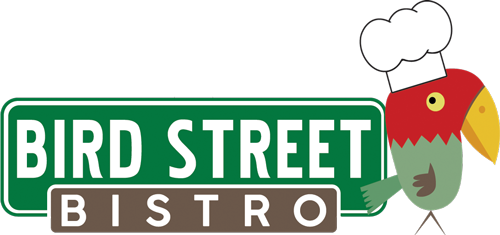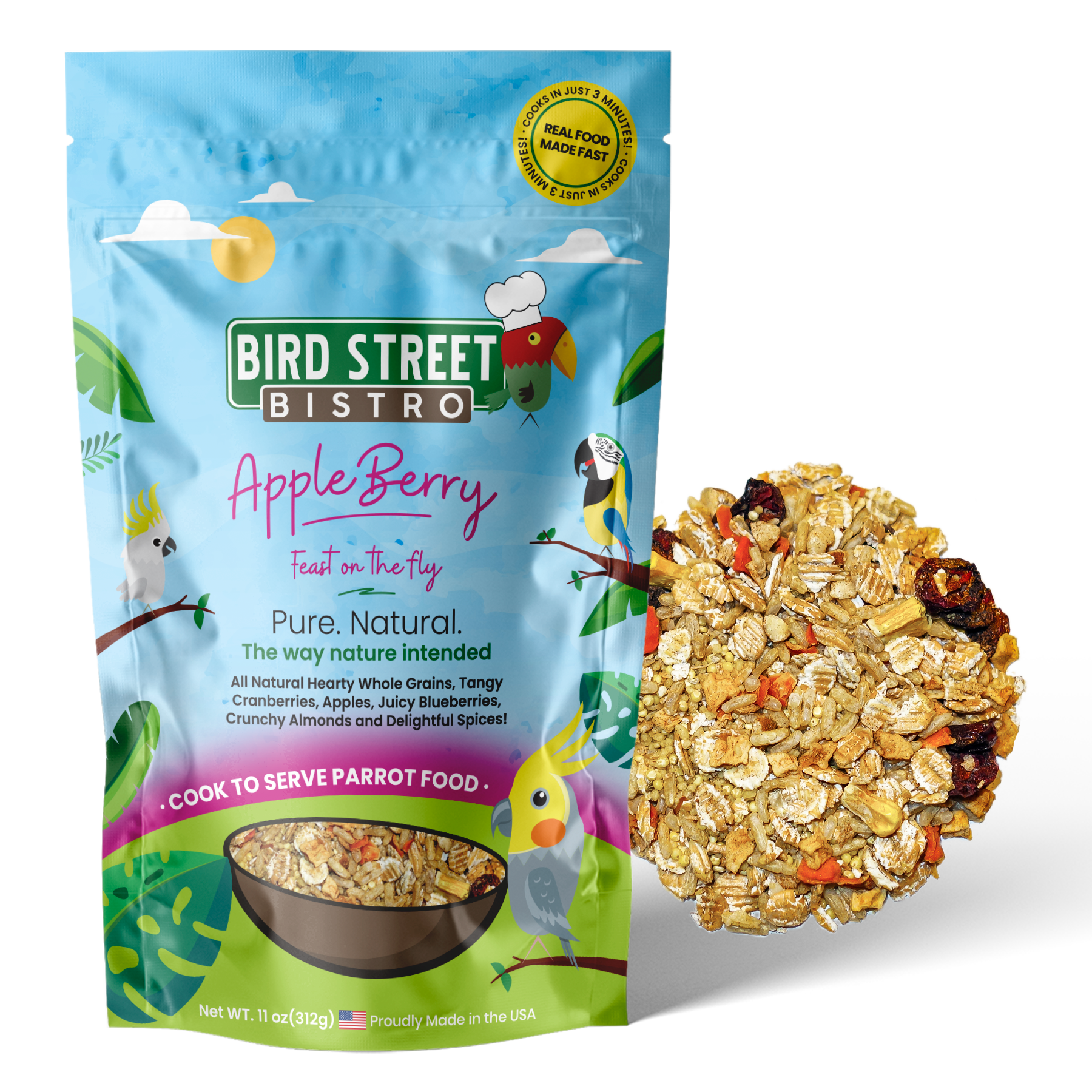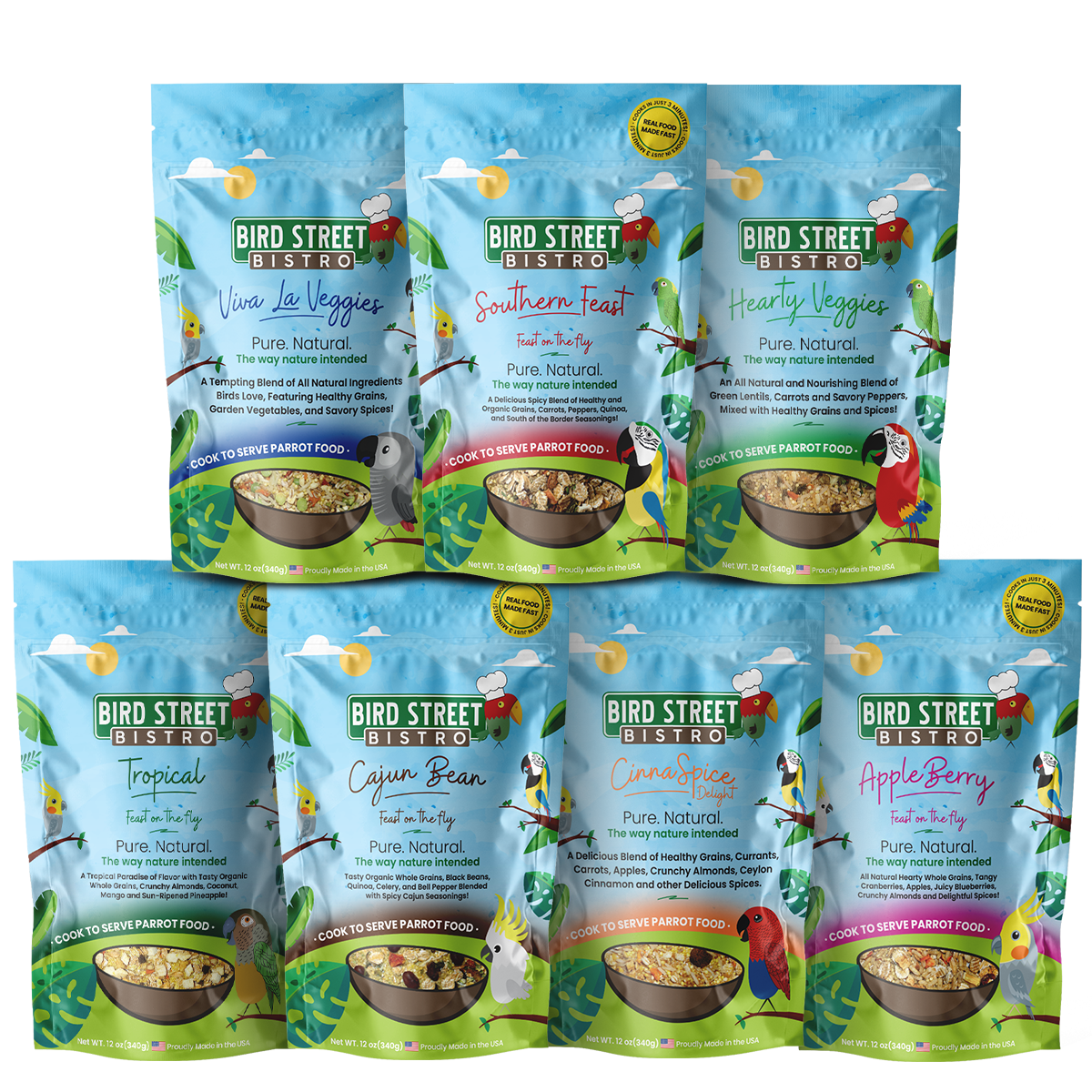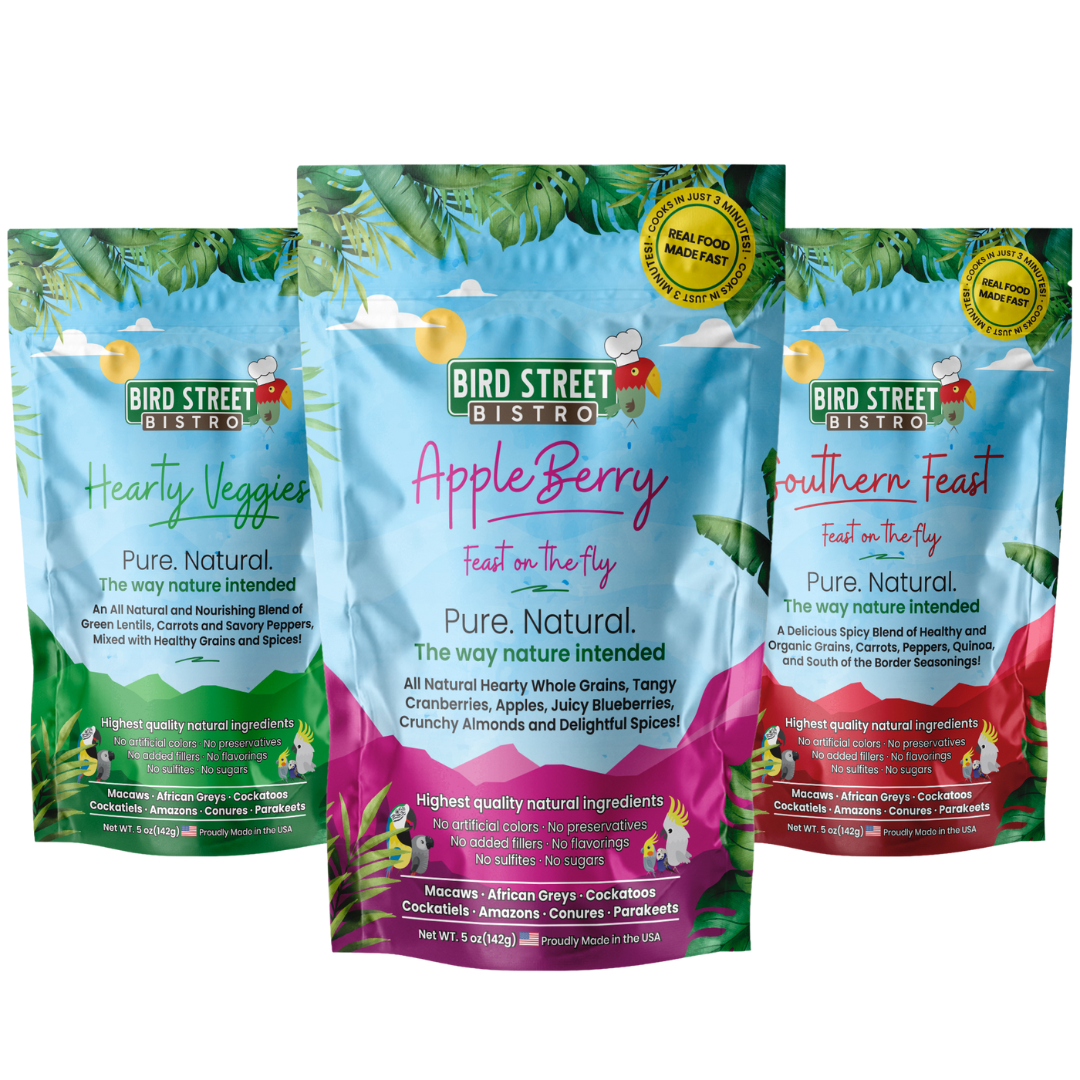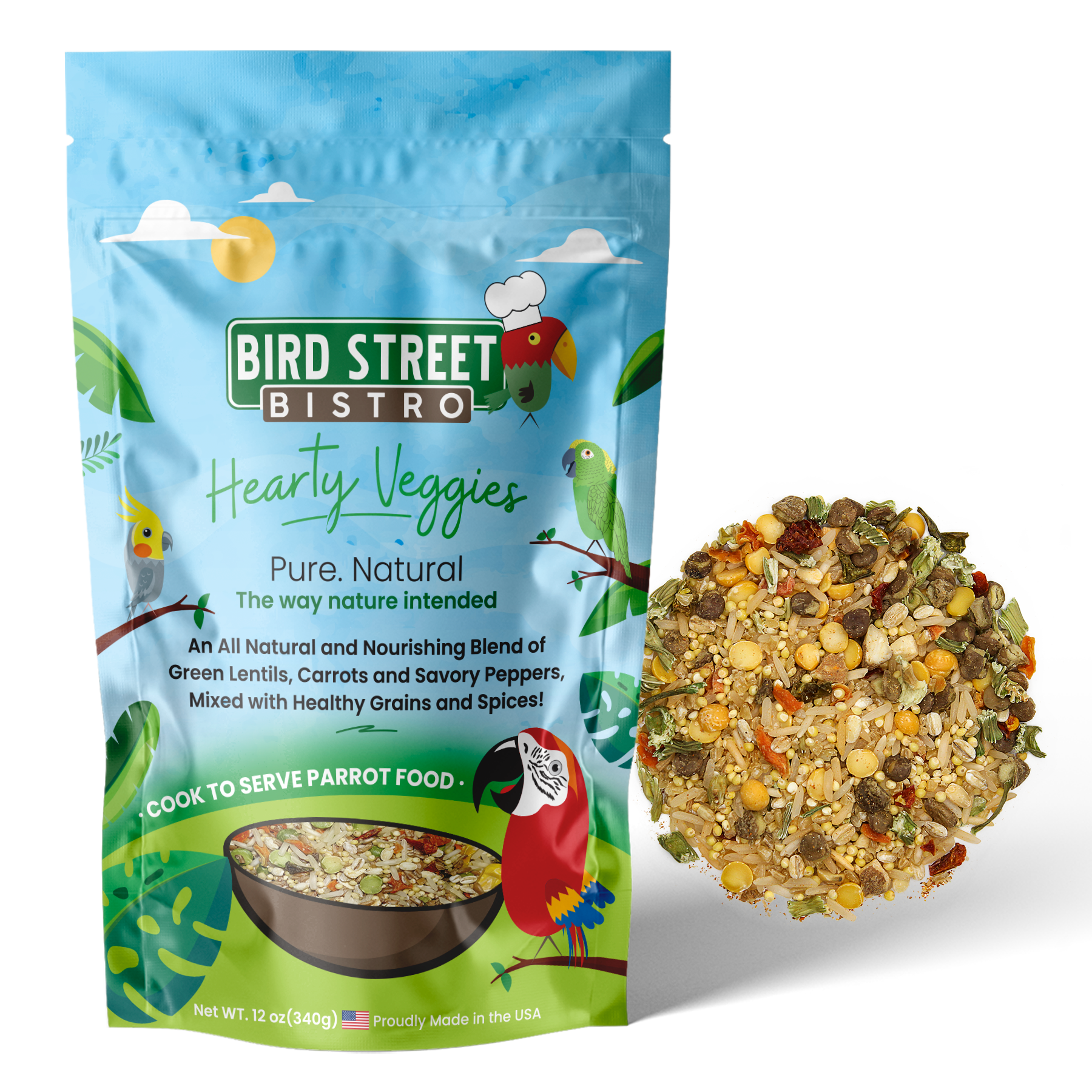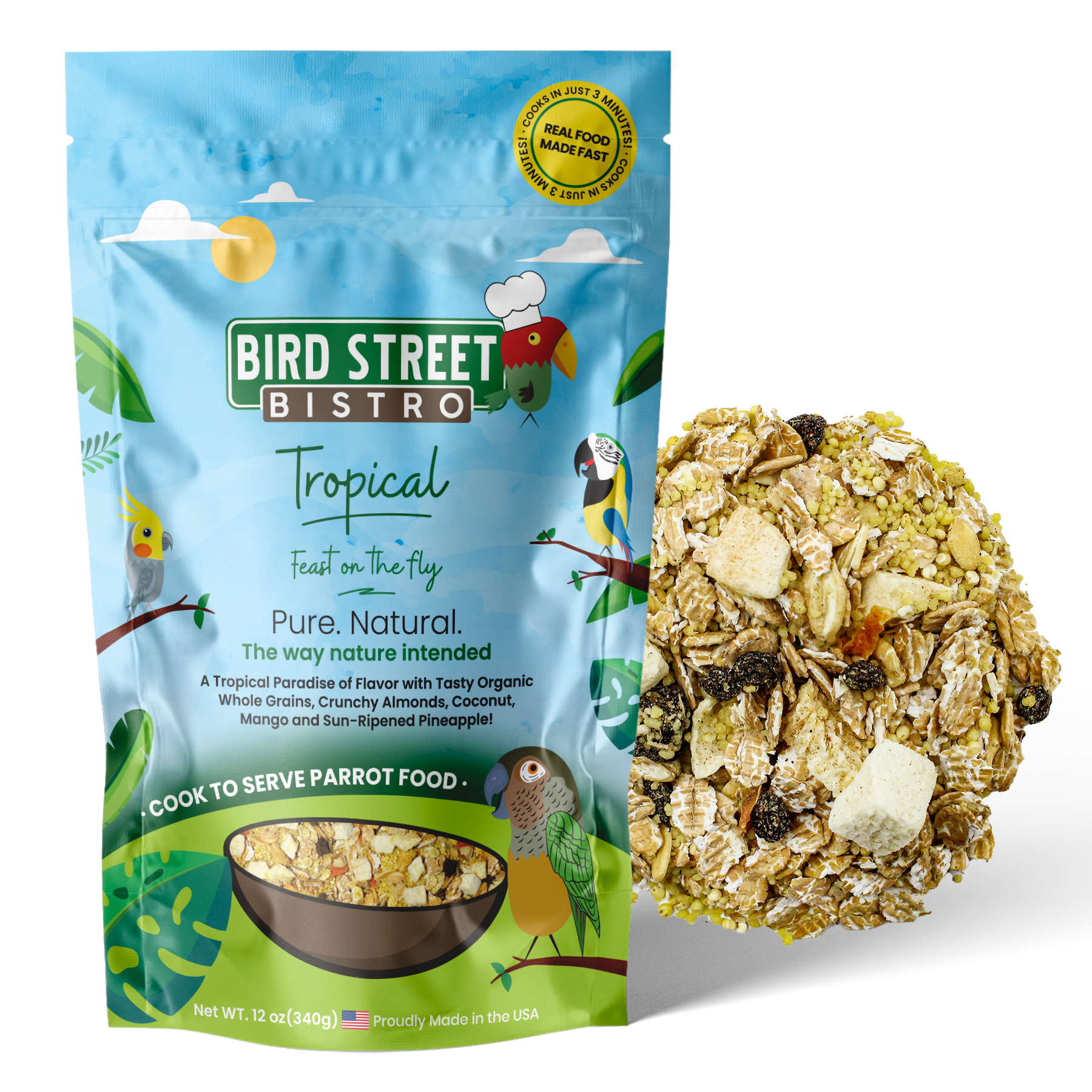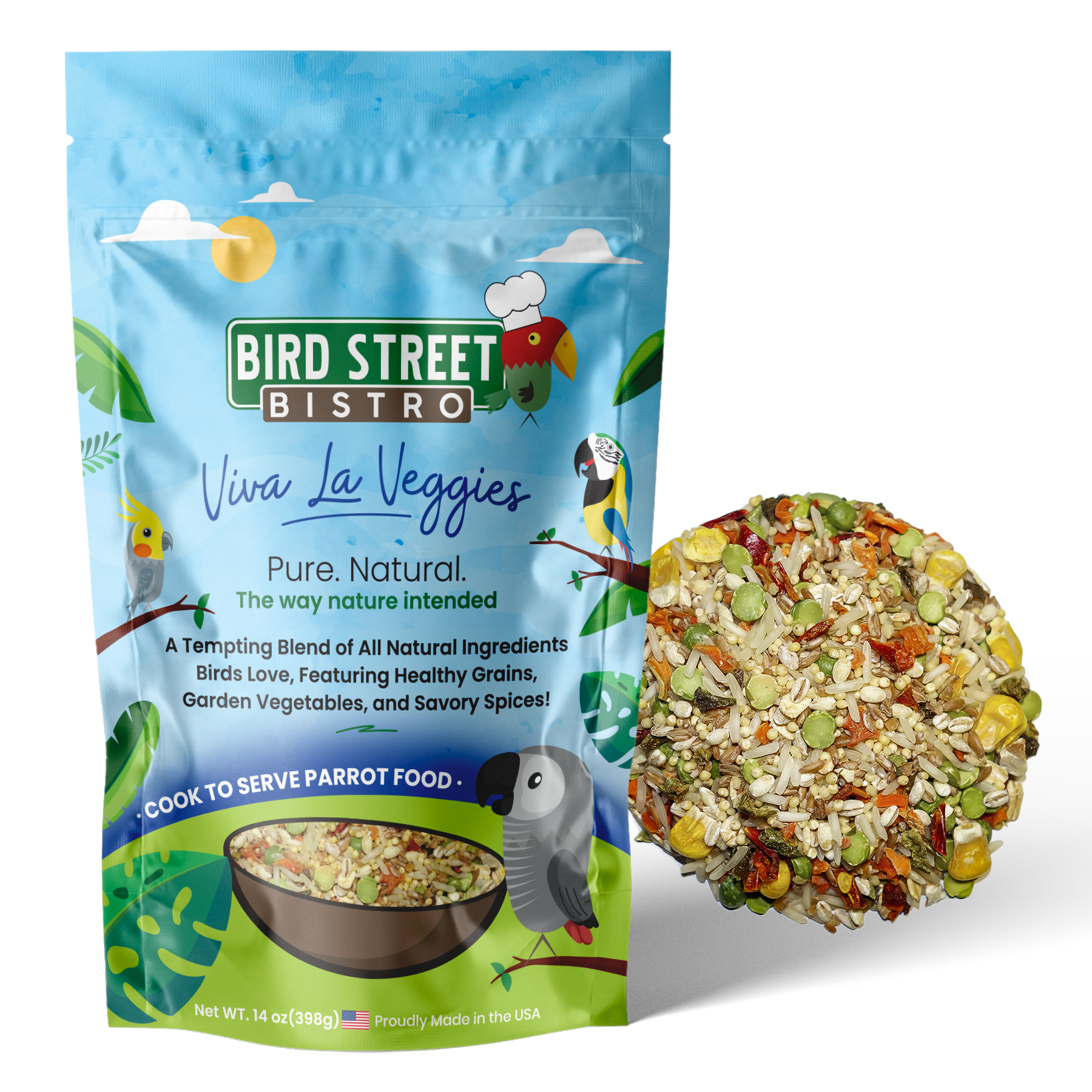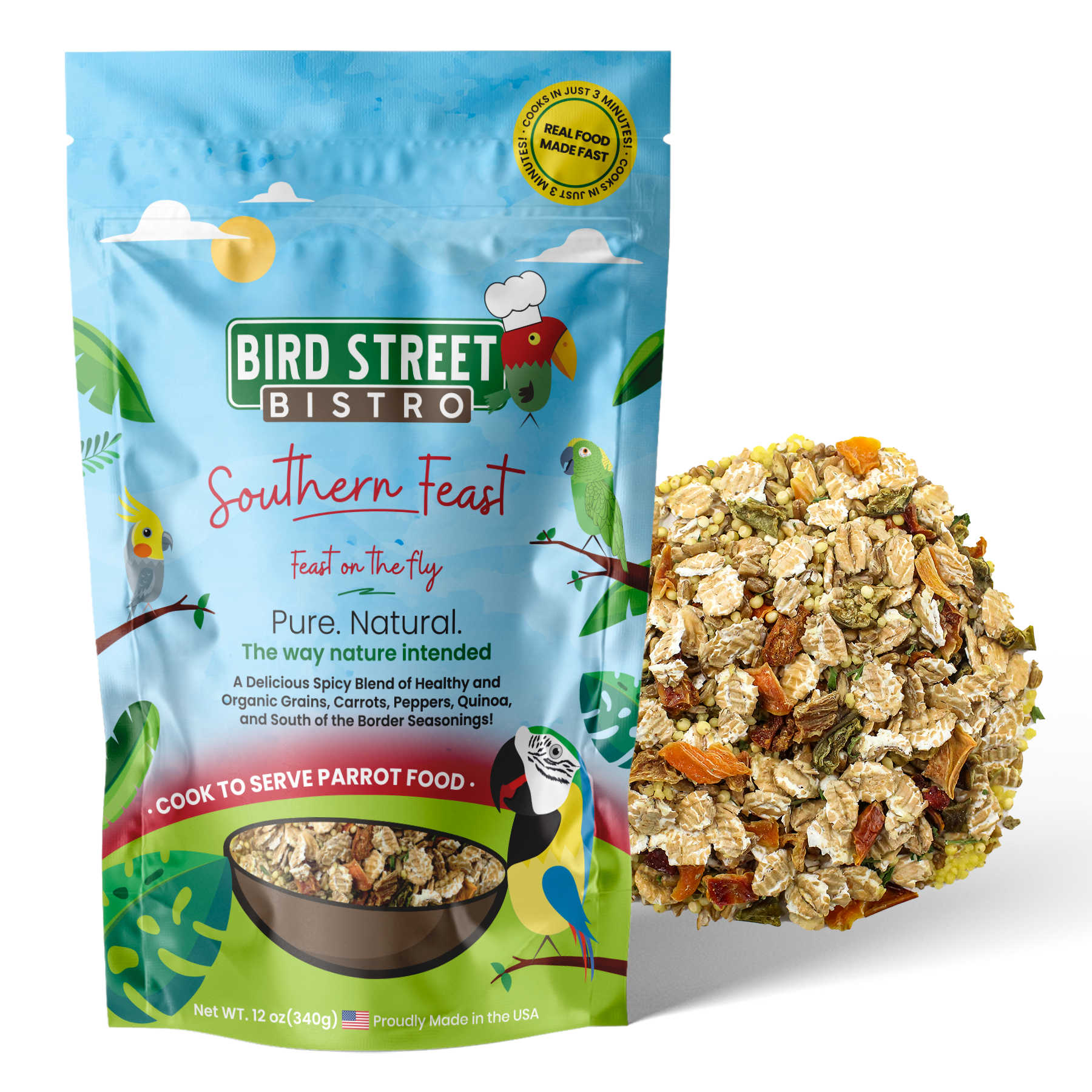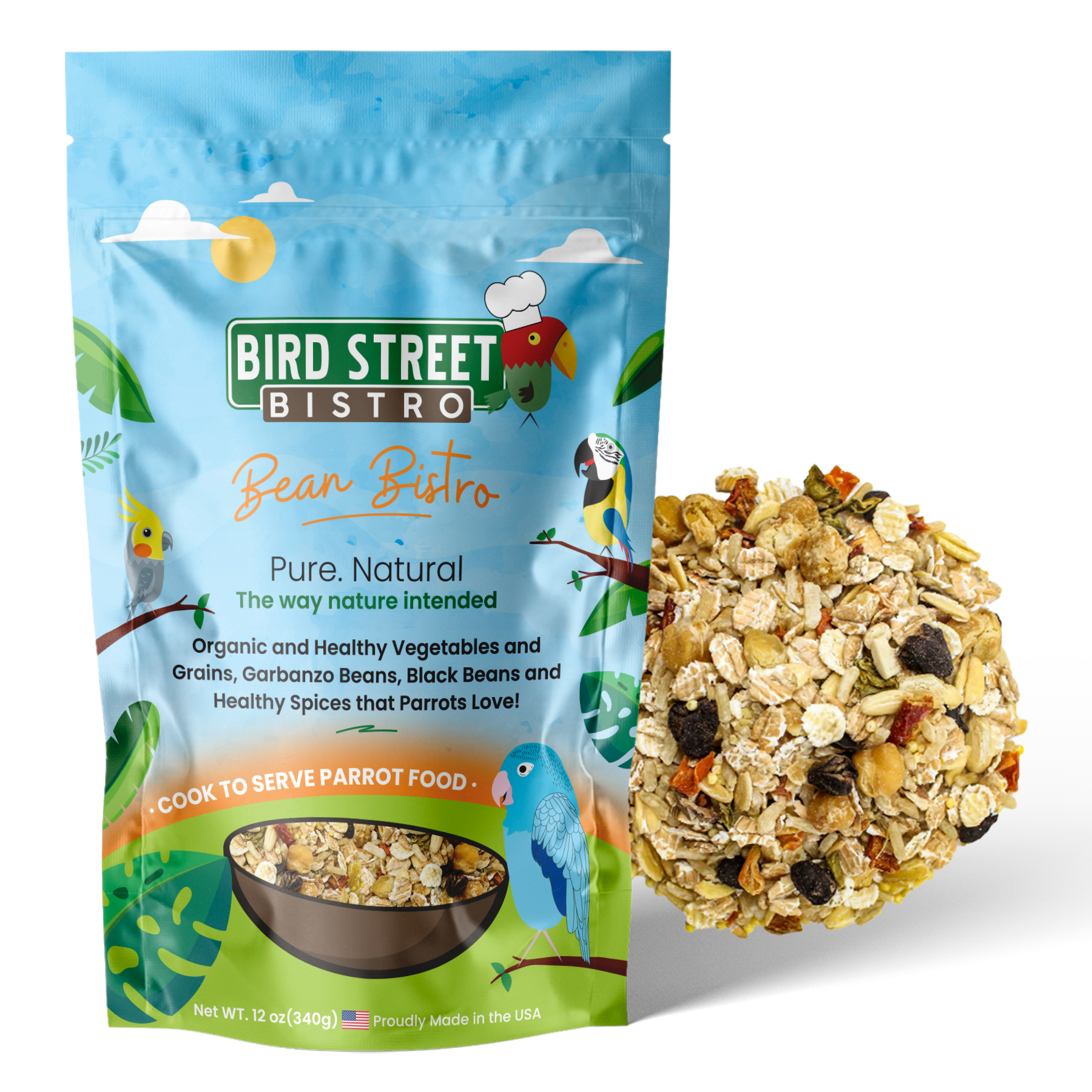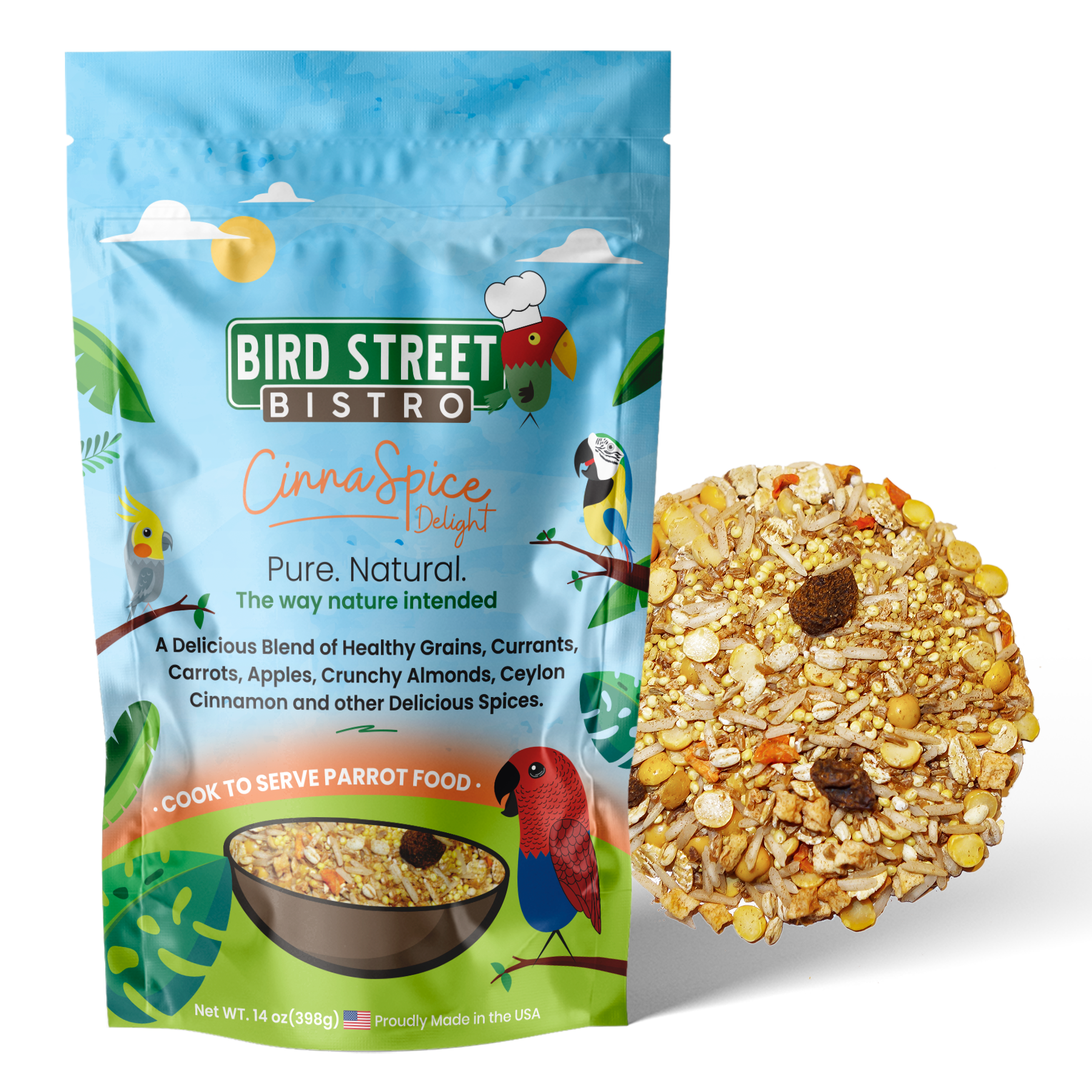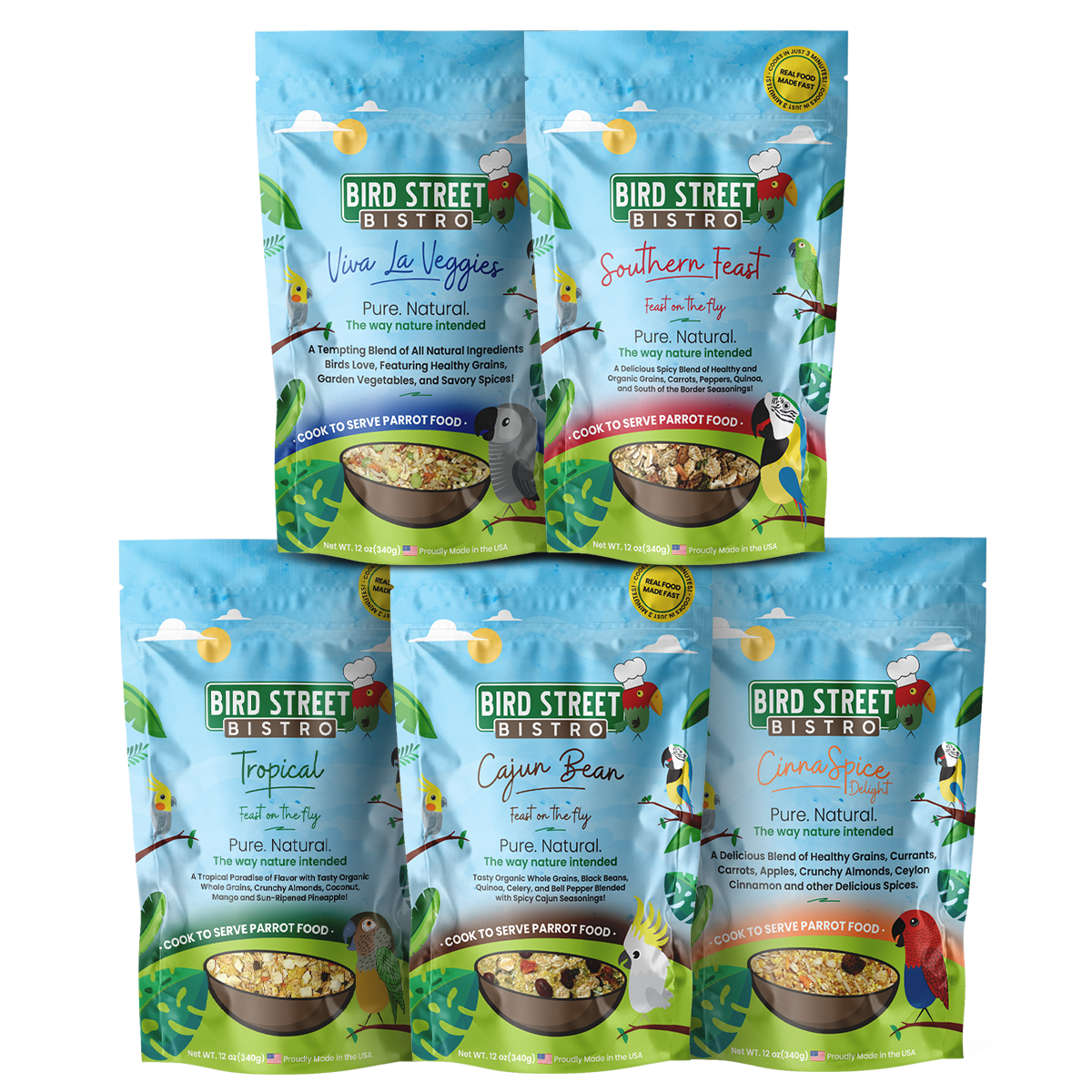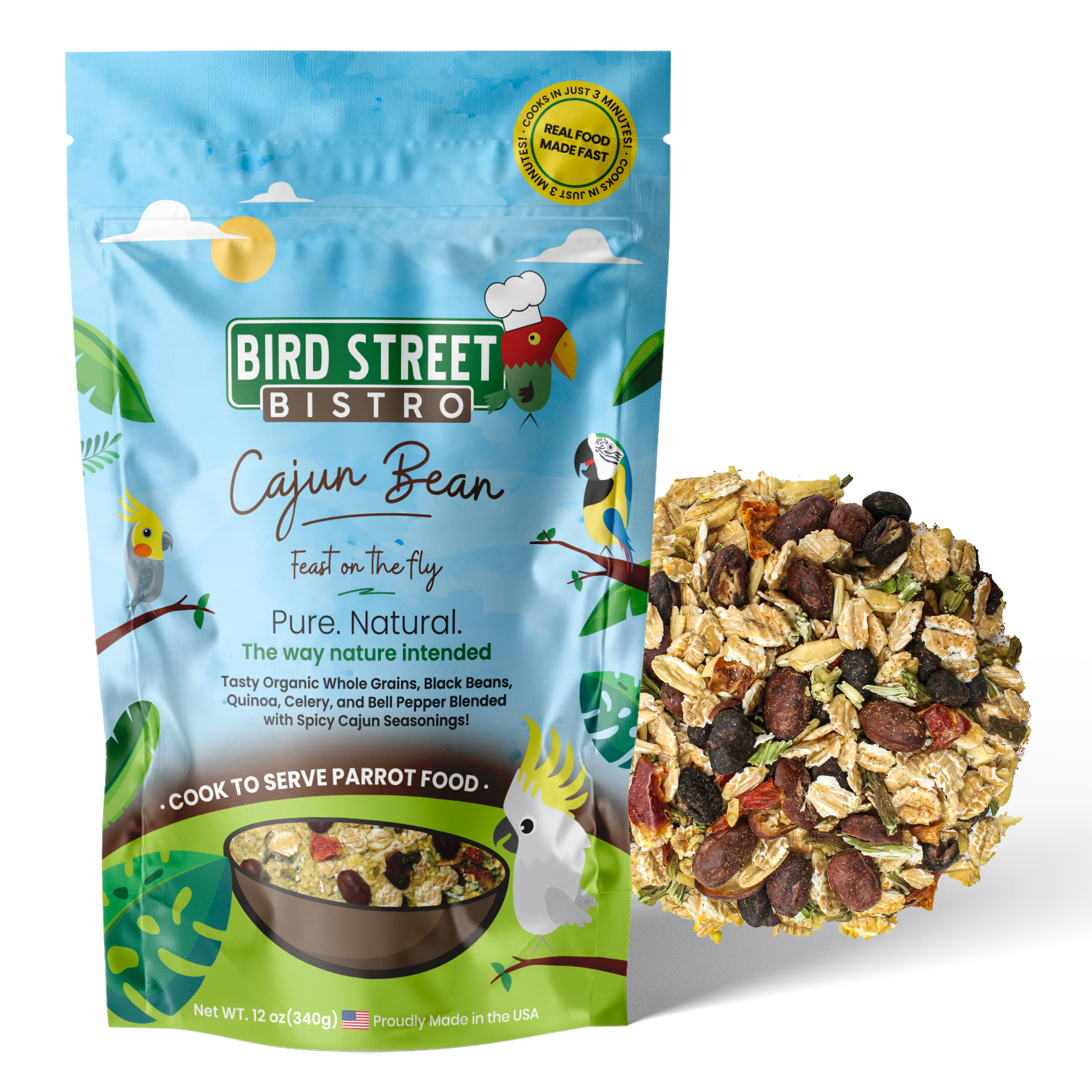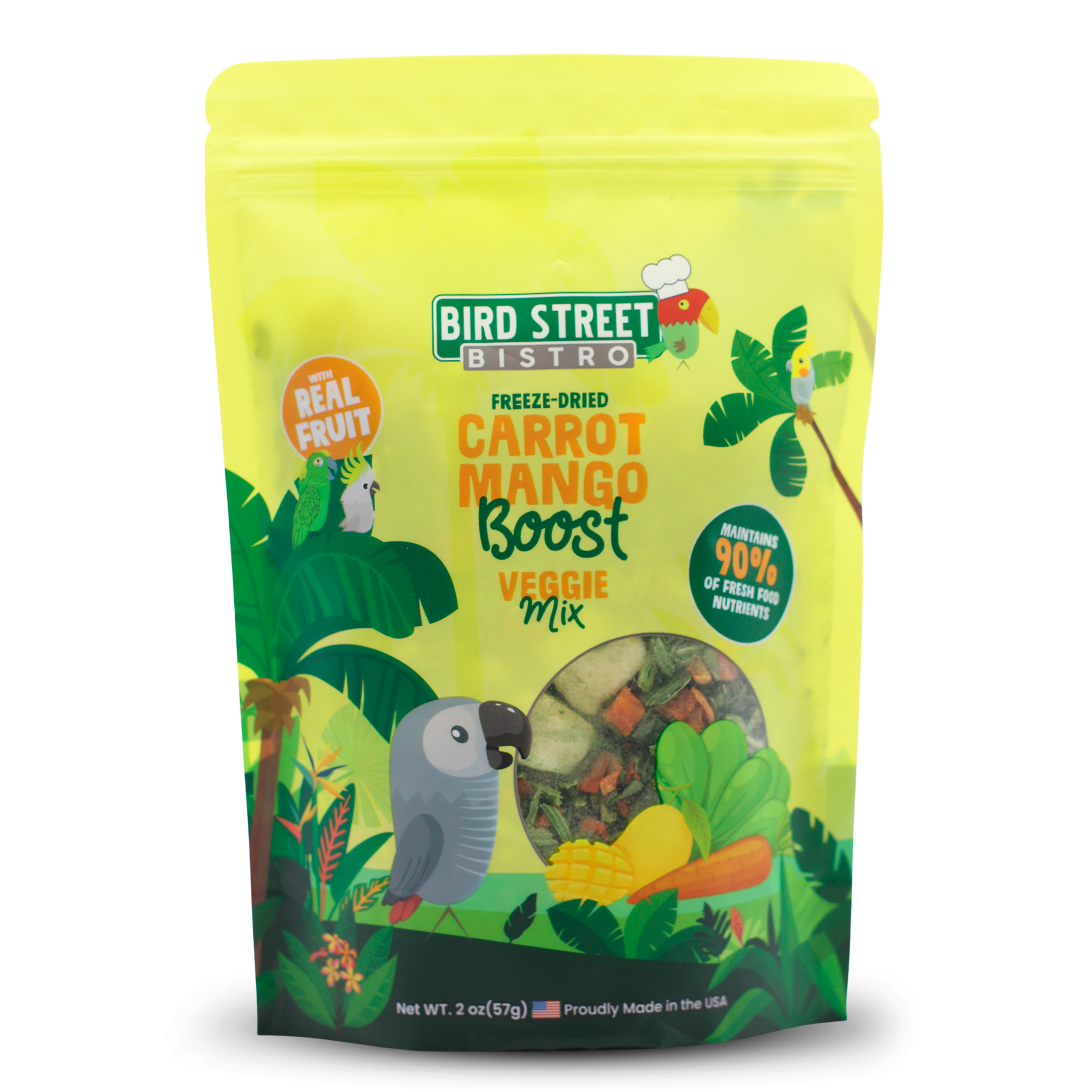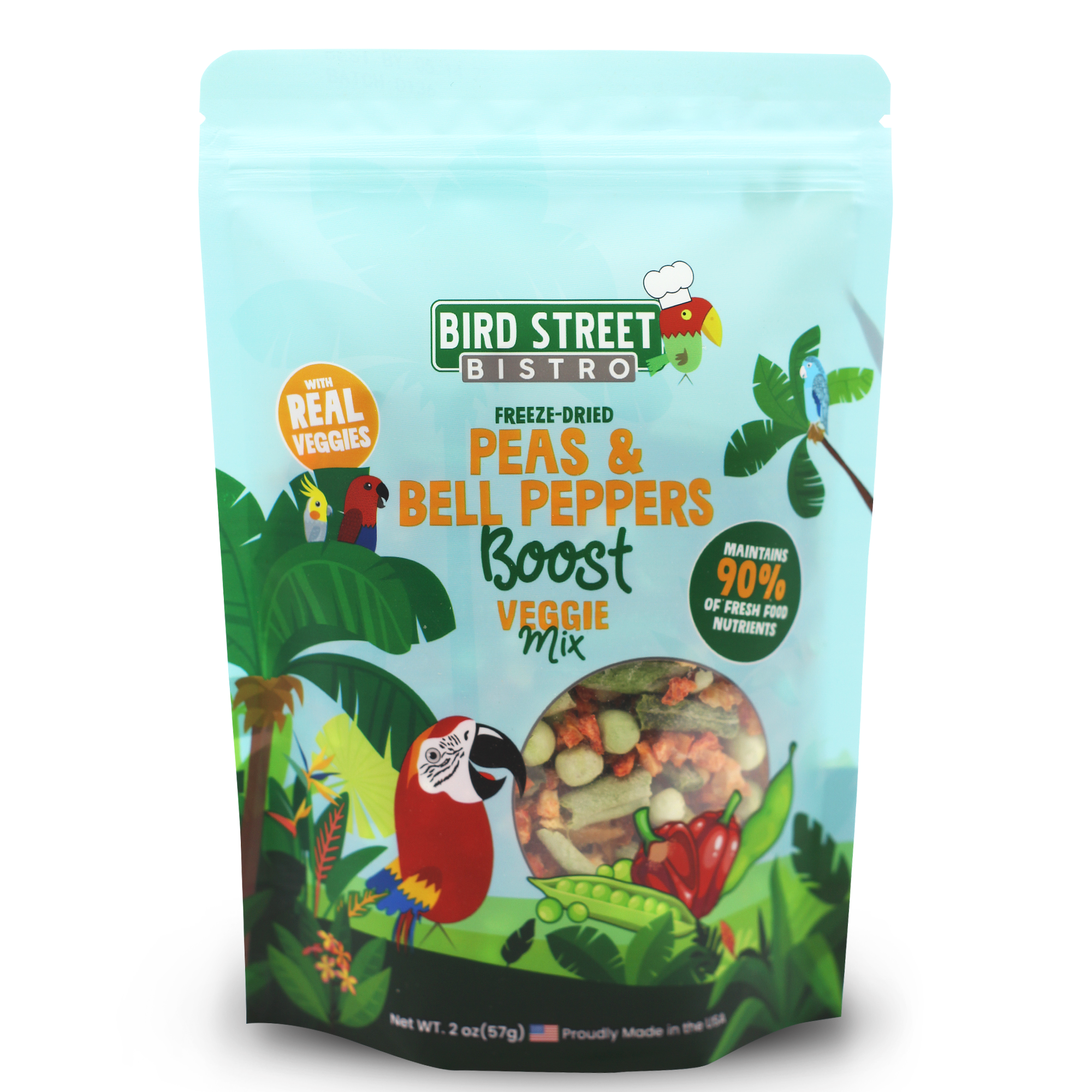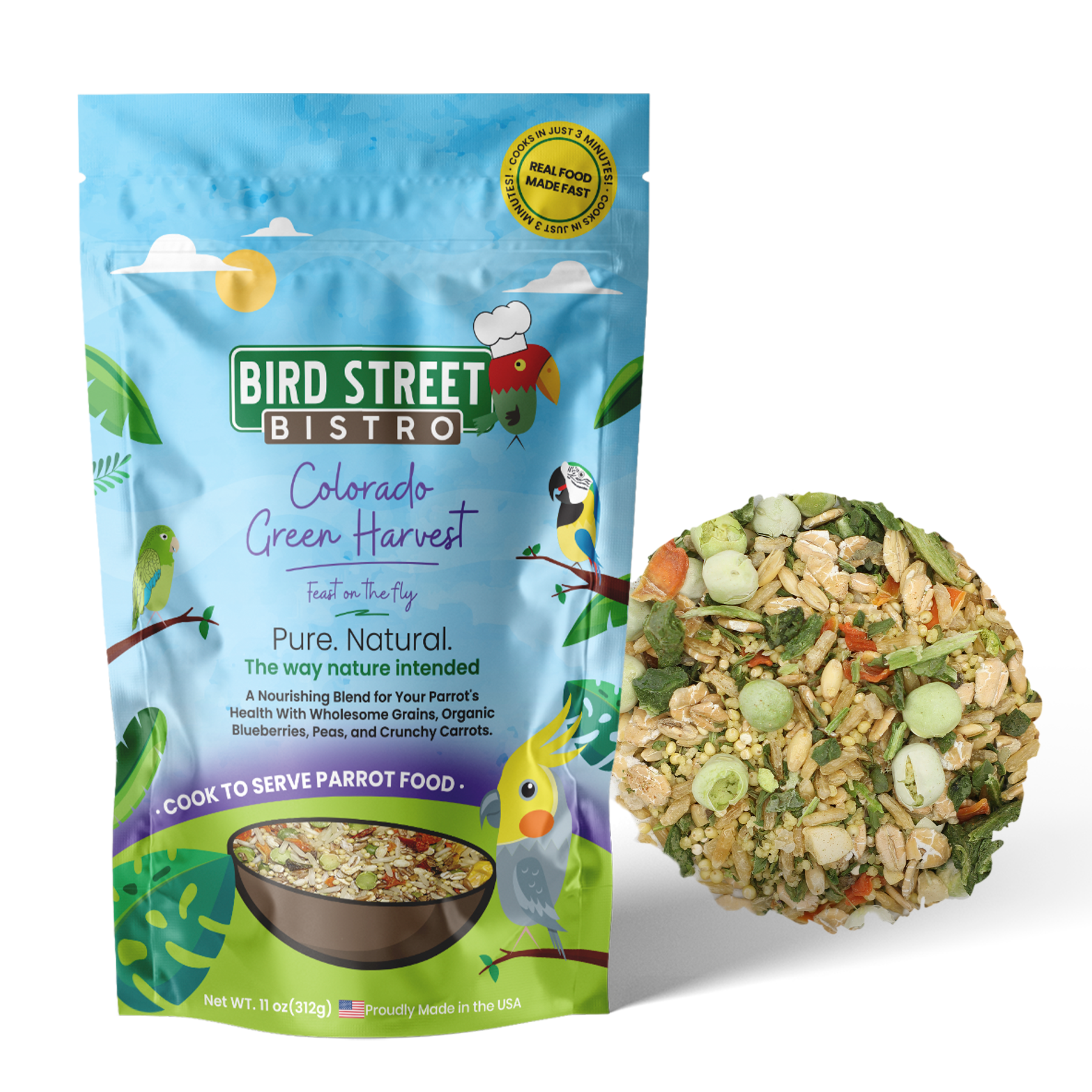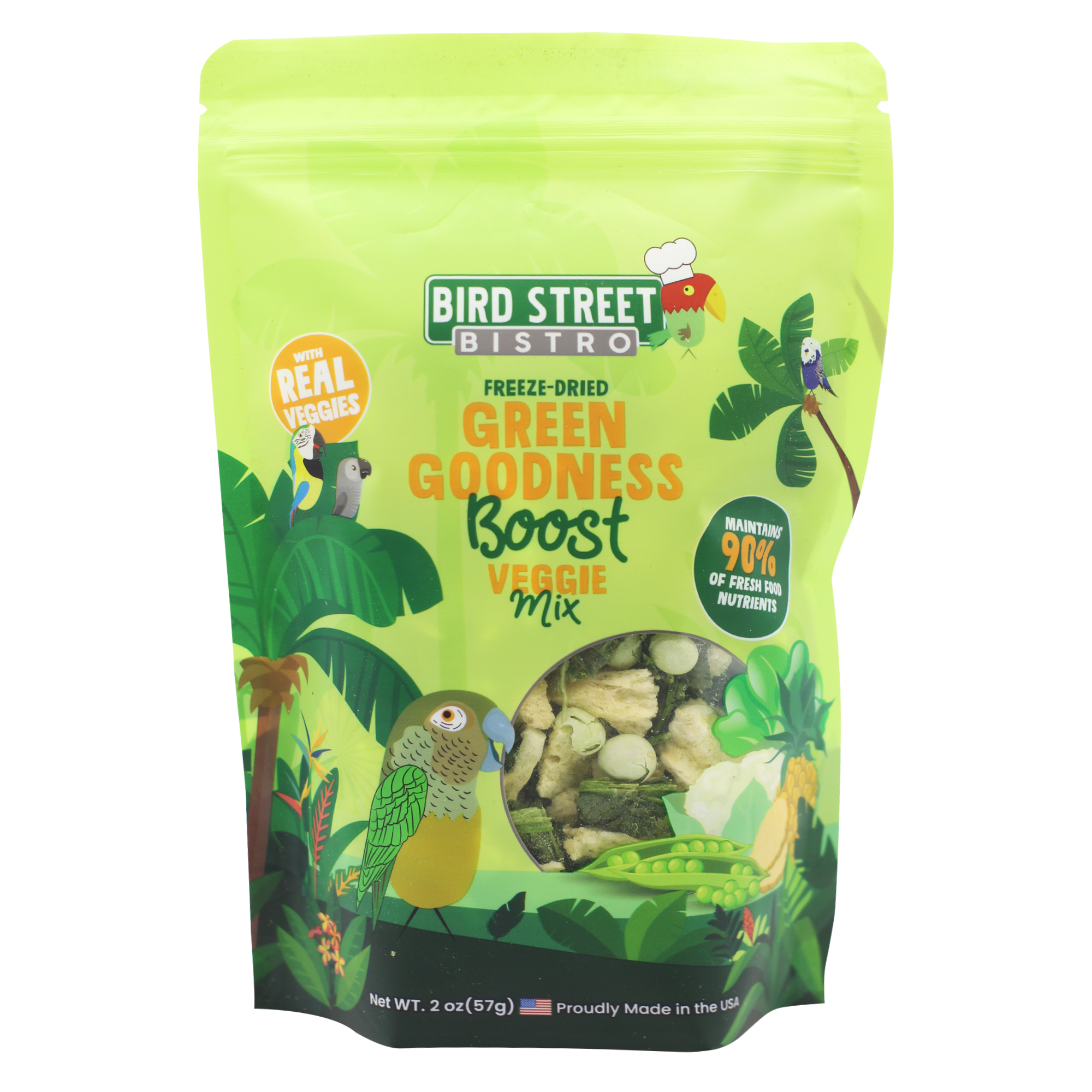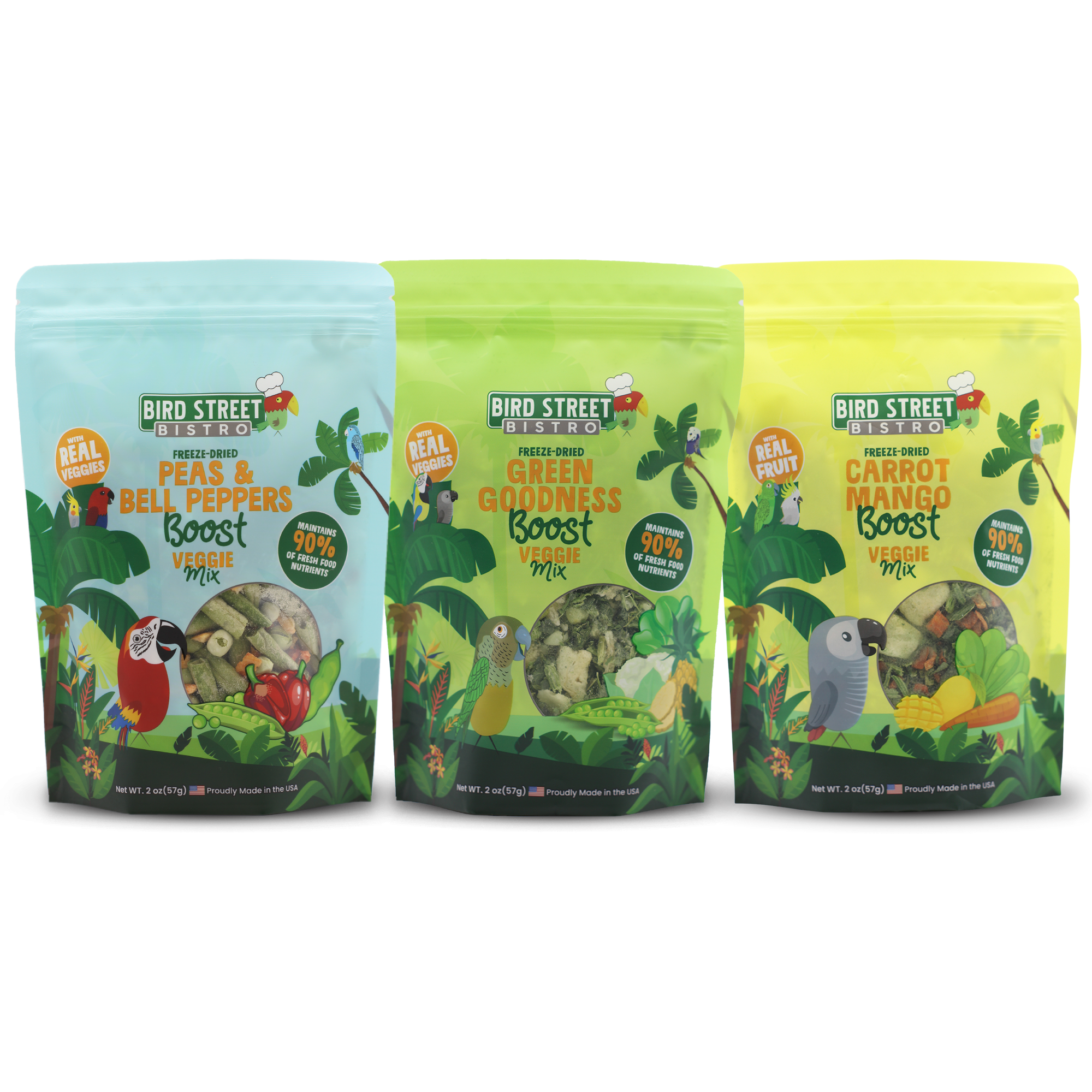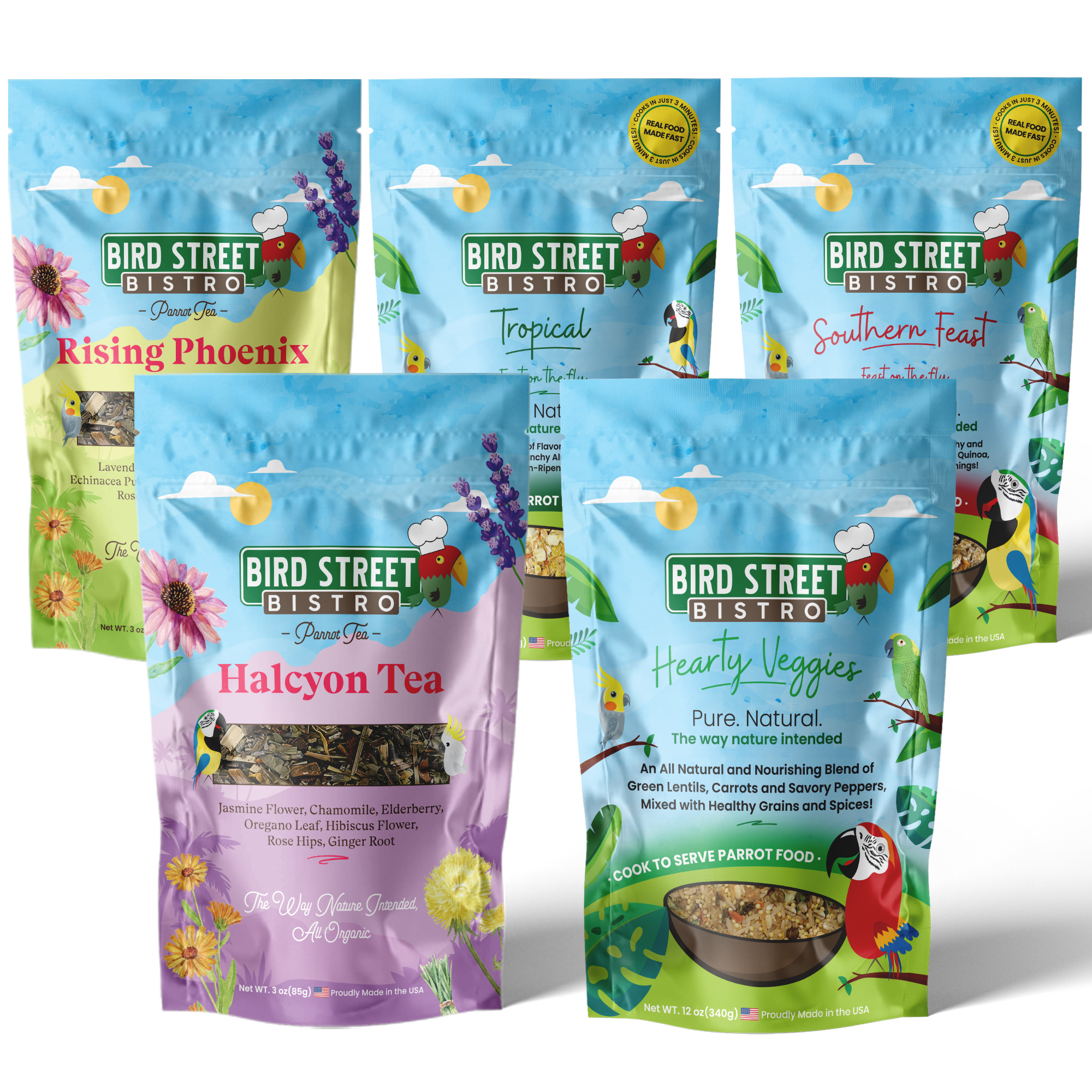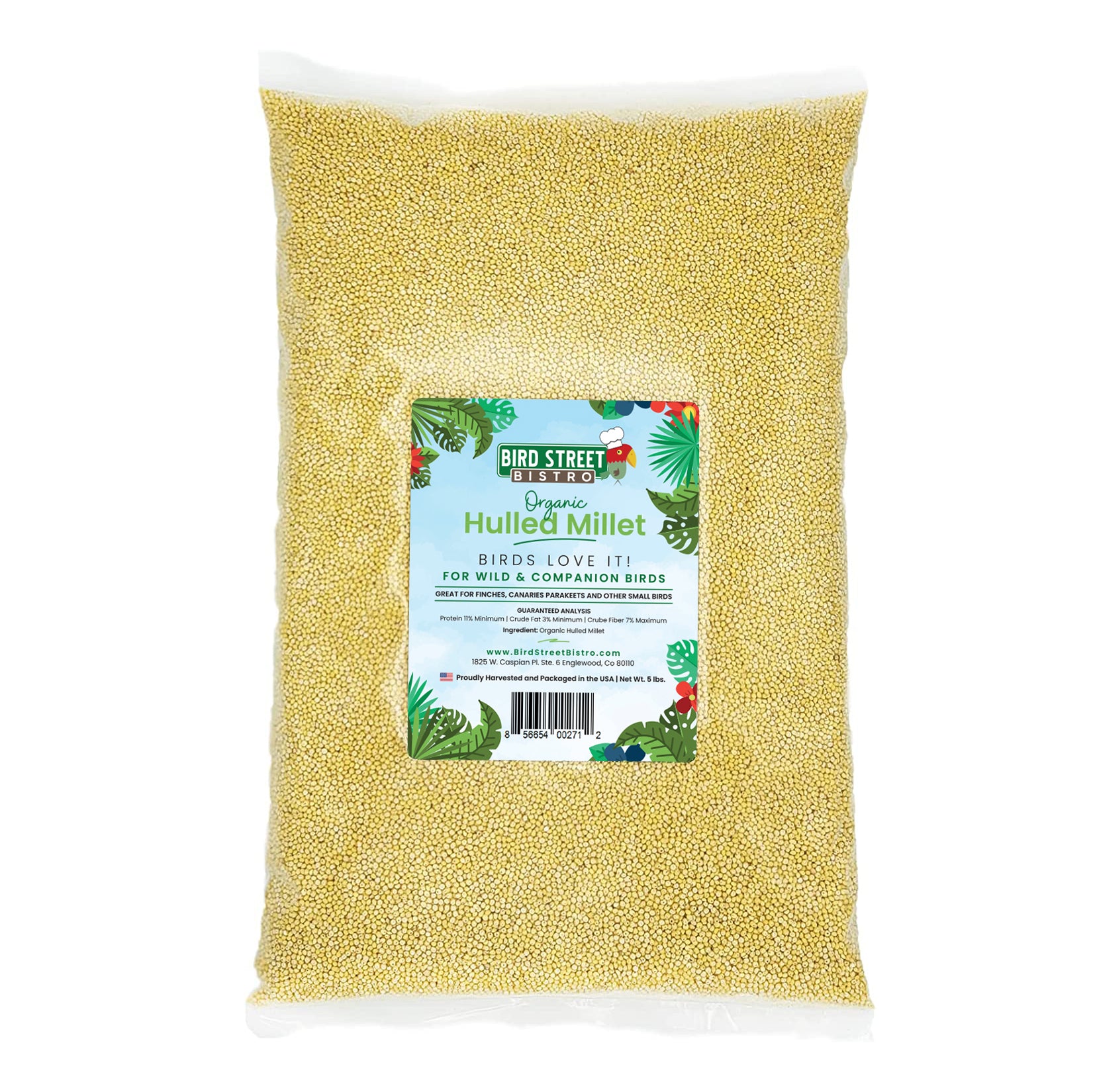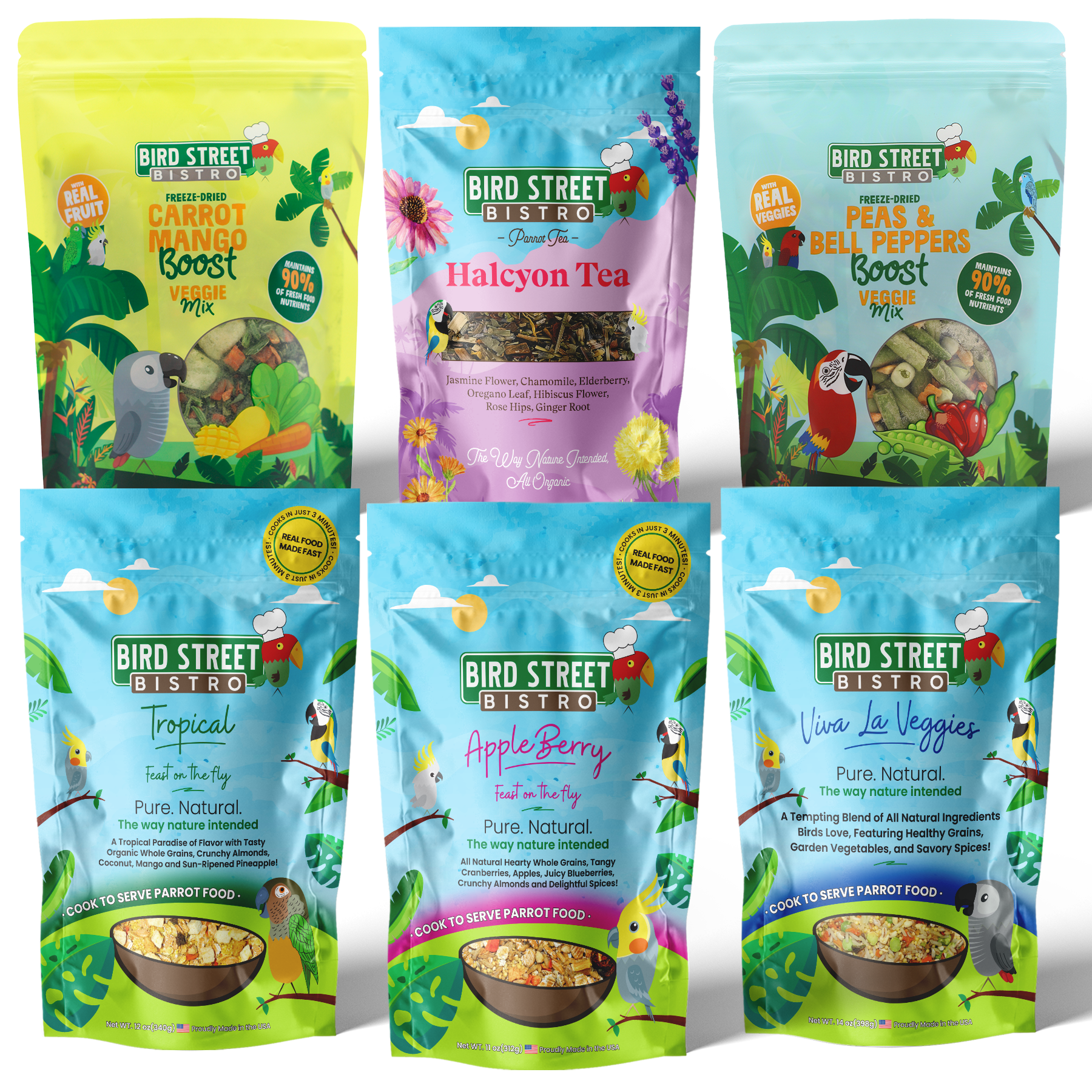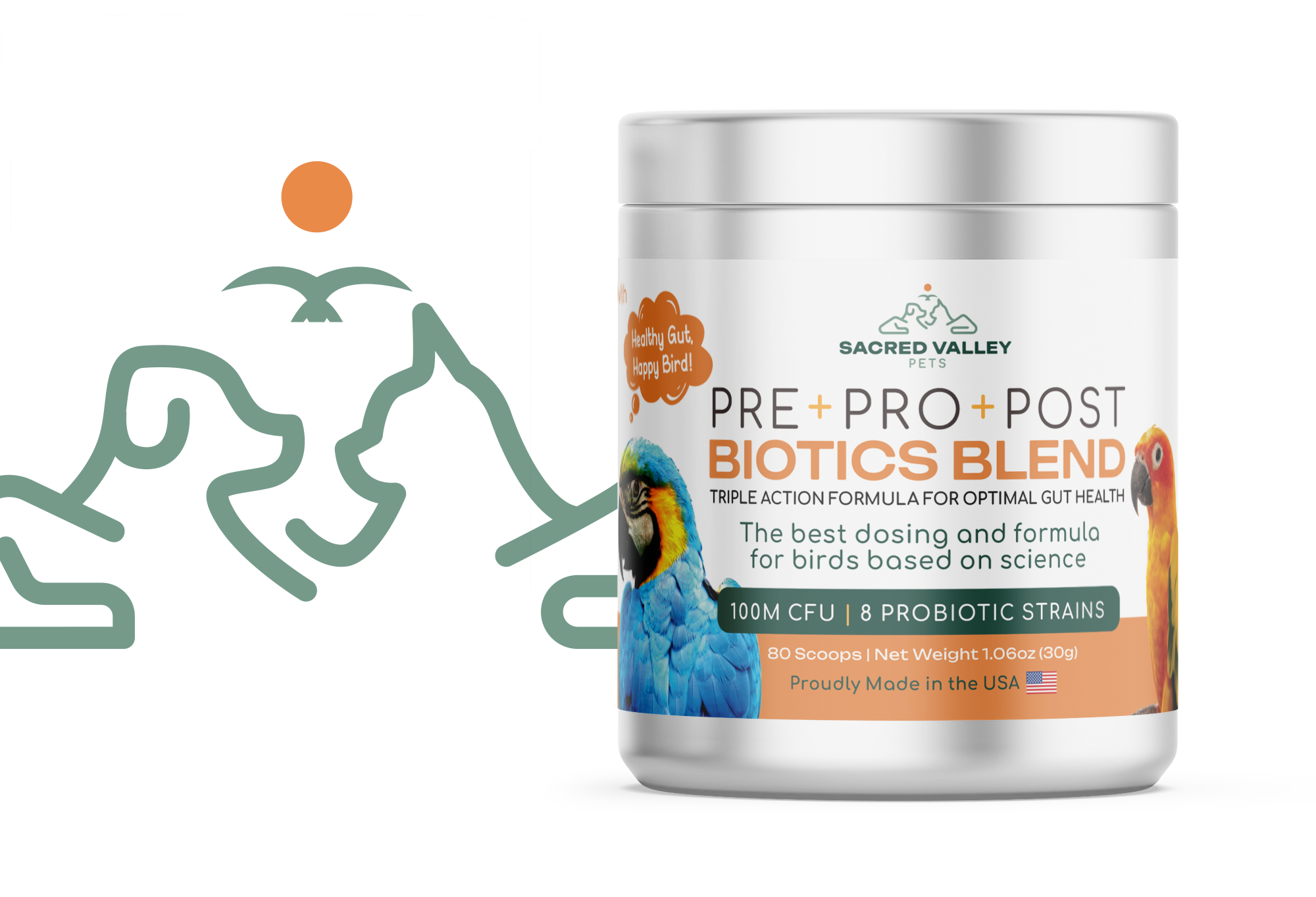The Cockatiel
Cockatiels appeared to Johann Georg Wagler like nymphs. These gray, camouflaged birds perhaps sung to him like the nymphs in Ancient Greek mythology were known to do, and maybe this is why they are named as such. He then dubbed them in binomial nomenclature, Nymphicus hollandicus, or the Nymphs of New Holland. New Holland was the name of the first colonizers of Australia, which was used when they first inhabited the Oceanian landmass.

Should I be concerned about what my cockatiel eats?
What a cockatiel eats has a large impact on their health in many ways in the following ways.
Around the world cockatiels are normally given seeds to eat, but this initially was due to the lack of nutritional considerations such as how much energy your cockatiel expends versus wild cockatiels should always be in mind as well as how much Vitamin D is synthesized from sun exposure.
Impacts of a Cockatiel’s Diet to its Health
Every part of a cockatiel’s diet has an impact on their health, whether it’s heart disease such as atherosclerosis, or obesity, we can be sure that the cockatiel diets that are given to our little companions will have a strong effect on how long they will stay with us and how happy they will be. Some 60% of bird autopsies show signs of nutritional deficiency, according to Valerie Campbell, D.V.M. These are serious and very sad realizations that are discovered through avian veterinary medicine science and an increasing interest in parrot nutrition.
This common malnutrition in cockatiels is because the interest in medicine has only existed since the early 1990s, the decade when the Association of Avian Veterinarians and the board of certification that certifies avian veterinarians was created. Before the increased interest we simply thought we could feed our cockatiels an oversimplified diet, but luckily, we have more interest and care for healthy diets of cockatiels to develop.
What exactly does my cockatiel naturally eat?
In Australia, a cockatiel makes use of natural vegetation, seeds, fruits, and insects. A spectrum of a cockatiel’s diet from nature.
Does this affect what I should feed my cockatiel?
Yes, this means cockatiel diets must be balanced in their nutritional content, the best cockatiel food will be a nutritious mix of fruits, nuts, seeds, and vegetables. This means a mix of proteins, carbohydrates, fats, minerals, and vitamins.
The best seeds for cockatiels are those with low-fat content such as safflower, millet, canary, sunflower, and groat seeds. This is the first building block (fat), along with a few others that make for a fully nutritious and holistic cockatiel diet. Many newer cockatiel owners tend to purchase solely seeds, but that has implications for their health.

The problem with all-seed diets?
Seeds only provide fat, which is a need in balanced quantities, but they do not provide calcium or protein. This can result in nutritional deficiencies, infections, or other problems. Seeds genetically modified to be grown for cooking oil production can even lead to our bird friends to become obese. The best cockatiel diet will consist of seeds being 10% or 20% seeds.
An Only Pellet diet for cockatiels?
All-pellet cockatiel diets, unfortunately, have problems. The first being a lack of enzymes found in processed, synthetically made cockatiel pellets. Lack of enzymes results in a lack of kidney, liver, and stomach health for our pet cockatiels. High concentrations of proteins and otherwise nutritious elements in pellets lead to things such as gout, even vitamin D and iron toxicity.
We are not the only ones that need fresh and balanced nutrition, our cockatiel companions do too. We do not subsist on multi-grain protein bars, neither should cockatiels.

The problem with an all-pellet diet
Often we try to find an easy way to feed our cockatiels, whether through cockatiel pellets or all seed diets, but quick fixes won’t end well. Cockatiel pellets are seen as the lesser of two evils, a common perception. One being seeds, the other pure pellets.
Neither has to haunt our cockatiels though! According to Pamela Clark, CPBC, CVT:
“Many avian veterinarians believe that parrot owners should be encouraged to feed a 100% manufactured diet to their birds because the majority of owners are not capable of providing a good diet otherwise. I never fail to feel saddened when I encounter this ideology, for it essentially removes the benefit and privilege of choice from the parrot owner. In other words, the owner is encouraged to feed a pellet diet, not because of strong conviction that the diet is optimal, but because it is perceive as the lesser of two evils.”
What is a good cockatiel diet?
Luckily, extremes that only focus on one type of food, or one type of processing, are not the only choices around. We have the choice not to go to extremes, keeping a healthy balance. Or we at least try our best!
We can strive for a balanced cockatiel diet by imitating their wild cockatiel relatives, flying through the ecological diversity in Australian jungles, prairies, and the outback of Australia. Taking into consideration the very different lifestyle of our cockatiel companions.
Through this holistic approach, we can do our best to provide cockatiels with a healthy, nutritious mix. Provide your cockatiel with a nutritious, wholesome, and filling mix that will keep your happy and living large for the years to come.
Always remember to consult your avian veterinarian to determine your bird’s individual dietary needs.
For more information on cockatiels please visit our Cockatiel Handbook and leave us a comment or share with a parront!
-
AppleBerry- Feast on the Fly
![]()
- Regular price
- from $15.50
- Sale price
- from $15.50
- Regular price
-
- Unit price
- per
-
Parrot Food Variety Pack
![]()
- Regular price
- $79.99
- Sale price
- $79.99
- Regular price
-
$107.93
Sold out
- Unit price
- per
-
-
Hearty Veggies
![]()
- Regular price
- from $15.50
- Sale price
- from $15.50
- Regular price
-
- Unit price
- per
-
Tropical - Feast on the Fly
![]()
- Regular price
- from $15.50
- Sale price
- from $15.50
- Regular price
-
- Unit price
- per
-
Viva La Veggies
![]()
- Regular price
- from $15.50
- Sale price
- from $15.50
- Regular price
-
- Unit price
- per
-
Southern Feast
![]()
- Regular price
- from $15.50
- Sale price
- from $15.50
- Regular price
-
- Unit price
- per
-
Bean Bistro Feast on the Fly
![]()
- Regular price
- from $15.50
- Sale price
- from $15.50
- Regular price
-
- Unit price
- per
-
Cinnaspice Delight
![]()
- Regular price
- from $15.50
- Sale price
- from $15.50
- Regular price
-
- Unit price
- per
-
Parrot Food Sample Pack
![]()
- Regular price
- $59.99
- Sale price
- $59.99
- Regular price
-
$74.95
Sold out
- Unit price
- per
-
Cajun Bean - Feast on the Fly
![]()
- Regular price
- from $15.50
- Sale price
- from $15.50
- Regular price
-
- Unit price
- per
-
Carrot Mango Boost - Parrot Veggies Mix
![]()
- Regular price
- $14.50
- Sale price
- $14.50
- Regular price
-
- Unit price
- per
-
Peas & Bell Peppers Boost - Parrot Veggies Mix
![]()
- Regular price
- $14.50
- Sale price
- $14.50
- Regular price
-
- Unit price
- per
-
Colorado Green Harvest- Feast on The Fly
![]()
- Regular price
- from $15.50
- Sale price
- from $15.50
- Regular price
-
- Unit price
- per
-
Green Goodness Boost - Parrot Veggies Mix
![]()
- Regular price
- $14.50
- Sale price
- $14.50
- Regular price
-
- Unit price
- per
-
Freeze-Dried Tripack
![]()
- Regular price
- $39.99
- Sale price
- $39.99
- Regular price
-
$41.97
Sold out
- Unit price
- per
-
Parrot Food & Tea Starter Pack
![]()
- Regular price
- $57.77
- Sale price
- $57.77
- Regular price
-
$60.95
Sold out
- Unit price
- per
-
Organic Hulled Millet - 5 lbs.
![]()
- Regular price
- $25.99
- Sale price
- $25.99
- Regular price
-
$27.99
Sold out
- Unit price
- per
-
Parrot Food Super-Pack
![]()
- Regular price
- $69.97
- Sale price
- $69.97
- Regular price
-
$87.94
Sold out
- Unit price
- per
-
Organic Pre+Pro+Post Biotics Blend for Parrots - 1.06oz
![]()
- Regular price
- $29.99
- Sale price
- $29.99
- Regular price
-
- Unit price
- per
